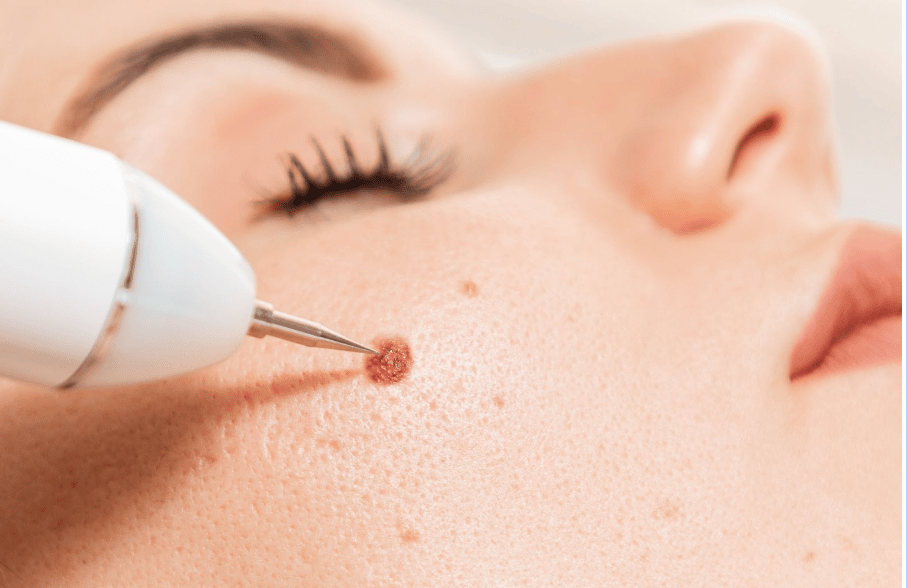The National Center for Drug Abuse Statistics estimates that there are over 30 million people in the US who suffer from drug addiction. Do you have a loved one addicted to drugs? If you do, your first step is to recognize and understand the symptoms of this disease.
Learn more here on recognizing the symptoms of drug addiction. Study this helpful guide on understanding how addictions work. Then you’ll be ready to help your loved one take that first step on the road to recovery.
How Addictions Work
The best way to recognize the signs of drug addiction is to understand how addiction works in the first place. Addiction is considered a disease, just like lung or heart disease.
Diseases alter your brain’s circuitry and change how you naturally react to self-control, stress, or reward. Addictions disrupt all of these natural functions.
Our brains naturally release a neurotransmitter called dopamine. Dopamine makes you “feel good” and encourages you to continue any activity that makes you happy. Exercising and eating, are examples of activities that release Dopamine.
When we take drugs, our brains release excessive amounts of Dopamine. Our brains become saturated and start reducing their output to stabilize themselves.
That’s when our brain starts to reject the pleasure it formerly received from these activities we use to like doing. Once our brains adjust this way, we’ll consume more drugs just to feel like normal.
Five Common Signs of Drug Addiction
Now that you understand how addictions work, it’s time to learn how to recognize the signs of drug addictions. Watch to see if your loved one demonstrates these five common signs of addiction:
1. Consumption
Addicts will start to consume more drugs over a briefer period just to get the same effect. You’ll also start to notice how addicts will lie about the amounts they’ve consumed.
2. Changes in Lifestyle Habits
Addicts will start to neglect important responsibilities like going to work or caring for their small children. Addicts will also start to do certain activities that are unsafe to do while their high, like driving or swimming.
3. The “Eyes Have It”
Other symptoms of drug addiction will start to occur in the victim’s eyes. They may have small or dilated pupils. Some victims will also have bloodshot eyes more and more often.
4. Physical Body Changes
You’ll also notice that addicts usually suffer from dramatic weight changes. These changes could either be weight loss or weight gain. These changes in body weight can also be accompanied by lingering body odor as well.
5. Withdrawals
Addicts will experience withdrawal symptoms roughly around eight hours after they take their drugs. They’ll begin to feel nauseous, sweaty and suffer from severe headaches. They might also seem confused or even begin to have seizures.
If any of these symptoms persist, it’s time to seek drug addiction help. The professionals at Hope Rising, for example, can help you and your loved one reclaim your life and connect with nature at their St. George facility in Utah.
Ready to Stop Drug Addiction For Good?
Start the process by consulting with your family doctor. They’ll help create a recovery plan for your family right away.
Work with your family member to find ways to stimulate healthier neurotransmitters instead of drugs. Exercise routines are a great way to increase the “feel good” Dopamine levels.
Be sure to check our website for more of the best advice on drug addiction. We can help you and your family member reclaim their good health.











